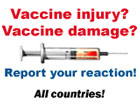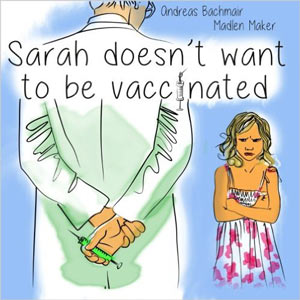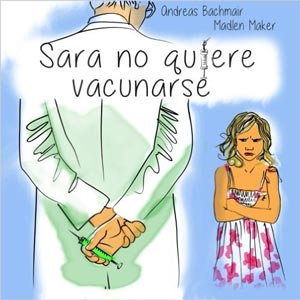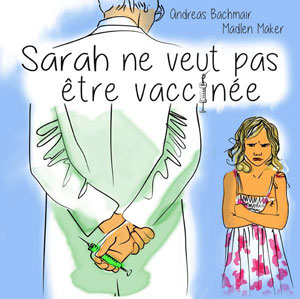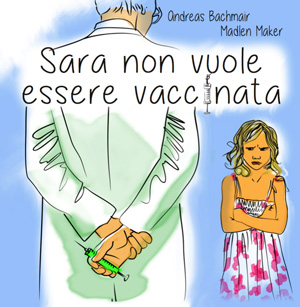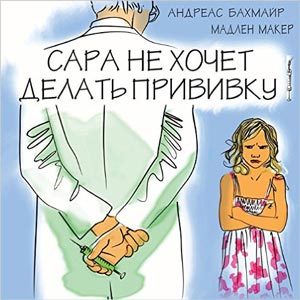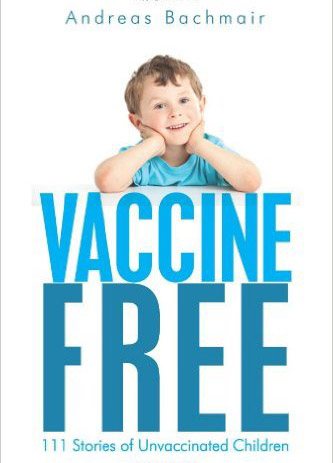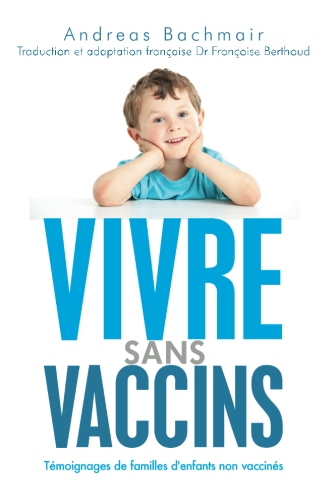Measles vaccination and SSPE
A commentary by Dr. med. Christoph Tautz , leading pediatrician and the Children’s Hospital at the Gemeinschaftskrankenhaus Herdecke
Reports that have been recently circulating about a six-year-old boy who has SSPE (Subacute Sclerosing Panencephalitis) have had an impact on the discussion on whether it is good or bad to vaccinate against the measles.
When this child, who lived near
The question as to the frequency of this fatal complication of measles cannot be answered with certainty. It used to be that one assumed 1 to 5 cases of SSPE for each 1 million cases of measles. In the context of a recent trial at the Institut für Virologie at the
Not only have these questions remained unanswered. The question as to what causes SSPE has not been answered yet either. Why the viruses linger in the brain and destroy the tissue there in some people and not in most people have not been clarified yet. What seems to be clear is that the younger the children are the greater the probability of contracting SSPE is.
Regarding the assumed increase in SSPE cases it must be asked whether they are not to be seen in connection with the recommended vaccination strategy, either directly or indirectly.
As a result of the increase in applied measle vaccinations the number of complications and thus the number of SSPE cases should actually go down and not got up, as reported from Wuerzburg
The question arises for the boy mentioned above: How could he have been protected as a baby?
On the one hand at five months he was too young, thus at best an existing maternal passive immunity from the mother’s antibodies should have protected him from SSPE. But to be able to do this she would have had to have had measles when she was a child. If, however, the mother was vaccinated against the measles when she was a child and there was no chance to boost the vaccination protection through contact with wild viruses she was not able to provide maternal passive immunity for her child as an adult. Thus the infection of the baby with measles and SSPE later on is an indirect consequence of the measle vaccination the mother had and thus of the general vaccination strategy.
On the other hand contagion could have been prevented if the older child had not had measles thanks to a vaccination. The reports to not state whether this child had been vaccinated or whether the child had been vaccinated and the vaccination had failed and the child had thus contracted the measles. Or whether there were reasons not to vaccinate the child, possibly because of too few antibodies or severe neurodermatitis.
It continues to be propagated that vaccinations can protect from SSPE. However, this complication also occurs in people who have been vaccinated, albeit less frequently. Furthermore it has been suspected that children who have undergone the measles without anyone noticing so that they were vaccinated (and, as the recommendation goes, twice!) have a special disposition and are in danger of developing SSPE later. (1)
The statement that the measles could be eradicated as a result of consistent mass vaccinations is more and more questionable, due to the fact that a rate of 90-95% vaccinations, which is today’s vaccination strategy, is not even achievable when there are 10% primary and 5-10% secondary vaccination failures. There is the risk that there will be an ever greater number of non-immune adults who could expect even more severe complications than small children if the contract the measles.
In view of this complex situation there should be detailed and transparent consultations, the goal of which must remain that the individual can decide for themselves whether they want to be vaccinated or not as an expression of responsibility for oneself and the responsibility towards society.
Dr. med. Christoph Tautz
Pediatrician
Kinderklinik am Gemeinschaftskrankenhaus Herdecke


